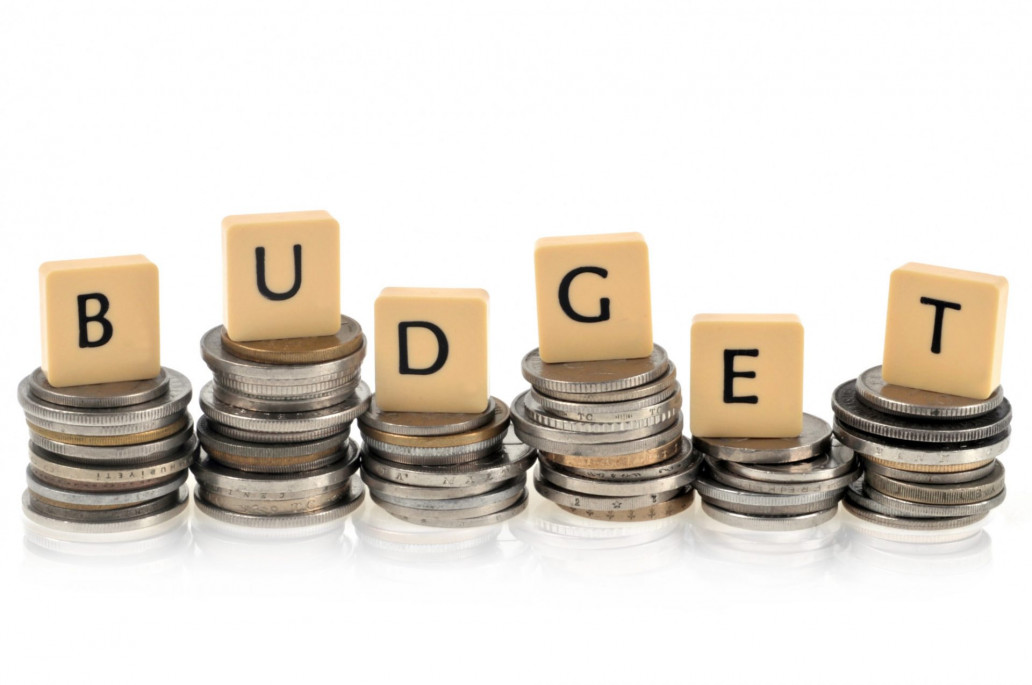

The average Canadian family of 4 spends around $13,907 on food each year, along with the additional $2,520 for a cell phone, internet, and cable plan. Although the average Canadian income is $49,504 per year, lower paid employees may only earn around $20,000.
The reality is that living costs extend beyond the bare necessities. Families will need to factor in dental care, clothing, insurance, transport, and unexpected costs. Those renting a property can pay more per month than those with a mortgage, and the costs quickly add up.
When times are tough, and funds are low, reducing the household budget may be the only way to survive.
To discover 13 ways that you can stretch your funds and save money, keep on reading!
1. Don’t Automatically Upgrade Technology
Our society encourages the rapid replacement of “old” technology. For example, new smartphone models are released two or three times a year. Advertising leads us to believe that our TVs aren’t big enough and our computers aren’t fast enough.
This cycle of buying the latest tech may seem normal, but it’s extremely costly. Cell phone plans alone can cost anywhere between $20 and $80 a month, not including the additional hardware costs.
Nowadays, new technology is barely an upgrade from the previous model. So, ask yourself whether your household budget can account for such a huge expenditure.
2. Save on Bills
The average monthly cost of utility bills for a small apartment in Canada is $165.91. There are three ways you can reduce your bills in this area.
First, seal up any drafts or leaks. You don’t want to use more water or heating than is necessary. In winter, consider putting towels, mats, or draft protectors down in front of any main doors.
Secondly, search price comparison websites for alternative energy providers. Even if you don’t switch, finding lower prices may help you negotiate cheaper prices with your current providers.
Thirdly, install a Smart Meter. This shouldn’t cost you any money as most energy suppliers are eager to install these devices for free. They help you track energy usage and provide an accurate meter reading for the company.
3. Stop Eating Out
A survey found that 54% of Canadians eat out once or more each week, with only 8% saying they hadn’t eaten out in the past month. As much as 35% of a Canadian household’s food budget goes towards eating out.
Many people go out for food because they don’t want to cook, don’t know how to cook, or don’t have the time to cook. But one meal out can cost the same as several days’ worth of food.
You don’t have to stop going out completely, but you could lower your outings to once or twice a month. Make sure you budget for these meals and only go out if you can afford to.
4. Plan Your Grocery Shopping
A recent report found that Canadians waste more than 79kg of food per household each year. One way to reduce your bills is to only buy the food you need while ensuring that nothing goes to waste.
Creating a weekly meal plan before going grocery shopping reduces waste. It also helps you stick to what you need rather than what you want at that particular moment.
You should only buy in bulk if the items are non-perishable or will 100% be used. Don’t buy in bulk because an offer seems “too good to turn down.” It will cost you more money in the long run and will lead to more waste.
You can stretch your household budget by purchasing own-brand options. If you’re worried about quality, make sacrifices where you can. For example, buy own-brand cleaning products, foil, condiments, pasta, and rice while keeping fresher products at your current standard.
Creating a grocery shopping budget can help you avoid overspending.
5. Reduce Meat and Alcohol Consumption
Meat can be expensive, especially if it’s high-quality. By having several meals each week that aren’t meat-based, you could save a lot of money per month/year. Pasta, beans, rice, and eggs can be used with various vegetables to make some simple, cheap, and tasty meals.
Cutting down on your alcohol consumption can help stretch your household budget as well. Picking up a 6-pack or a 12-pack during your grocery shopping may not seem costly, but every bottle adds up. Having 1 bottle per day (not including weekends) can cost $30 per month and $360 per year!
6. Limit Junk Food
Junk food may not seem that expensive when you’re spending a few dollars here and there, but this guilty pleasure can quickly add up if left unchecked.
Assuming you purchase a 12-pack of pop, a multipack of chips, and a box of 12 Oreo snack packs, per week, you’ll be spending at least $58 per month and $696 per year. This sum doesn’t factor in other forms of junk food, such as junk meals and other snacks or drinks.
You don’t need to cut junk food out of your grocery shopping completely. But reducing how much you purchase can make a massive difference.
7. Question the Need for Subscriptions
Do you have multiple subscriptions? When you’re trying to reduce your bills and stretch your household budget, it might be time to question how badly you need Netflix, Disney+, Hulu, and Apple TV subscriptions at the same time. That’s around $360 per year!
Try limiting your household to one subscription at a time. You can always switch when new shows come out on another streaming service. This is a great way to teach children about money management as wants are not the same as needs.
But subscriptions can include other services, such as cable, gym memberships, and exercise classes. If you’re not currently using a subscription, end it or freeze it. You can always start it up again later.
8. Consider Transport Costs
Guides for stretching your household budget will often suggest selling your car(s). Sometimes, transport costs can be greater than the cost of running a car, especially when you factor in wasted time.
For households with multiple cars, consider whether you need both. If not, selling one will be a great way to earn some money and reduce living costs. This will also force you to lower your outings and become better organized with your weekly grocery shopping.
Downsizing your car may be a better option, depending on your living situation.
9. Find Cheaper Insurance
When you’re searching for ways to reduce your bills, cutting insurance costs can save you hundreds of dollars each year. Search price comparison websites for cheaper home insurance, car insurance, dental insurance, pet insurance, and anything else that you can think of.
Don’t stick with your current insurer just because it’s convenient. Household bills, such as insurance, add thousands to your yearly costs. You can negotiate insurance costs if your contract is nearing its end, especially if you’ve found cheaper alternatives.
10. Deals, Vouchers, and Coupons
You must be smart with how you use vouchers and coupons. It’s important to remember that they are marketing tactics. They exist to lure you towards products that you wouldn’t normally buy, under the illusion that a great deal is saving you money.
If you buy a $2,000 TV because it’s 10% off. You didn’t save $200. You just spent $1800!
But you can use websites, apps, and booklets to find deals and discounts for the products that you routinely buy during your grocery shopping. Stick to your usual items, and you’ll save money by cutting down on expenses.
11. Ditch your Landline Plan
Does everyone in your household have a cell phone? If so, there’s no reason to keep your landline. Many people keep their landline plans because getting rid of them feels “risky,” but it’s a cost that serves no real purpose.
Many internet providers will supply that landline with your contract for no extra cost. If you’re desperate to keep it, try to find a provider that includes it in your contract bundle. This is one of your household bills that is easy to get rid of.
12. Quit Smoking
Around 15.8% of Canadians smoke cigarettes. The price of 200 cigarettes is at a 6-year high, ranging between $110 and $139, depending on your location. With most smokers consuming around 15 cigarettes a day, that’s around $3,600 per year!
Quitting smoking isn’t easy, but the Government of Canada offers free and convenient support to those trying to quit. Reducing your cigarette consumption by 50% could save you thousands of dollars every single year!
13. Buy Clothes Out of Necessity
Much like technology, fast fashion is an empire built on the notion that new is always better. By the time you’ve bought an item of clothing, it’s already out of fashion. But clothes are about functionality first and design second.
When you’re trying to stretch your household budget, don’t be afraid to explore charity shops. One of the benefits of fast fashion is that people donate clothing that is high-quality and barely worn. This can be a great way to update your wardrobe without breaking the bank.
Unable to Stretch Your Household Budget?
Learning how to stretch your household budget can take time. Once you’ve become accustomed to a certain lifestyle, it’s difficult to let go of certain elements. But developing money-saving habits is a long-term investment that you’ll benefit from in the years to come.
Are you worried about missing a payment due to low funds? Click here to apply for a Credito cash loan! It could take as little as 5 minutes!





